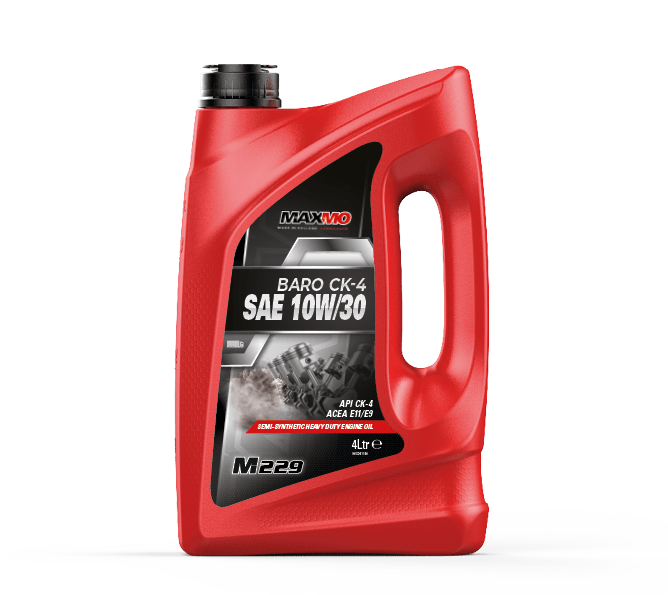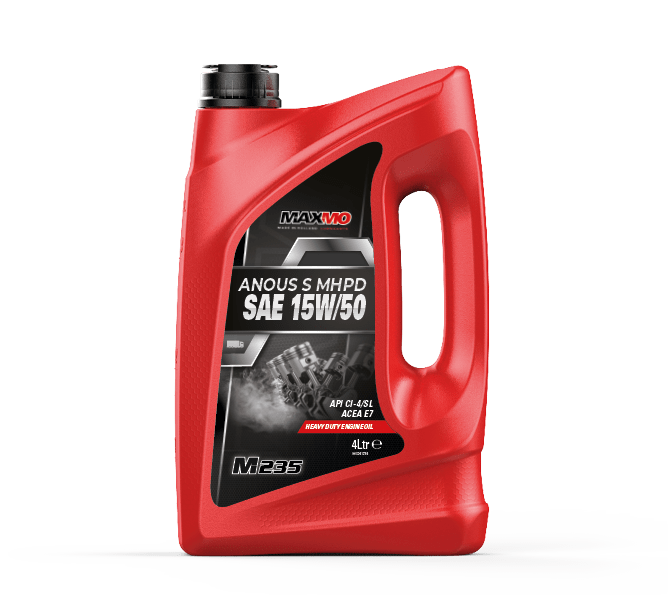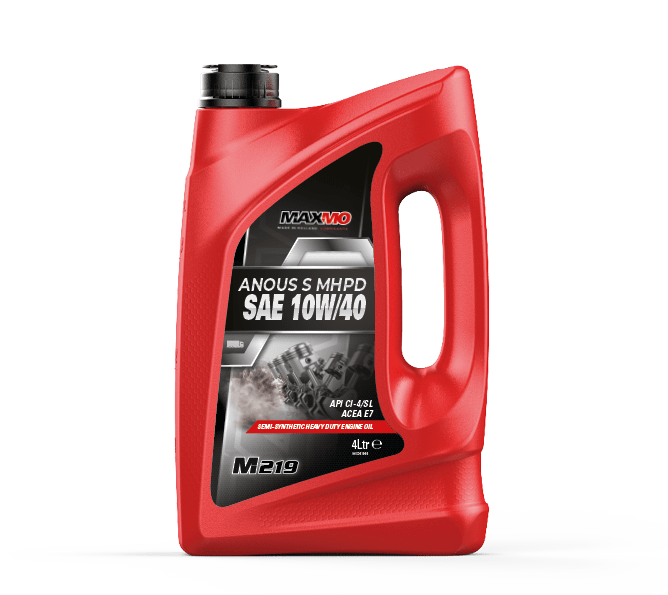
Engine Oils Decoded: A Comprehensive Guide by Maxmo
Understanding Additives and Catalytic Converters
Catalytic converters play a key role in reducing emissions, with their effectiveness influenced by the oil’s additives. PCMO is formulated to optimize the function of catalytic converters, aligning with Maxmo’s commitment to combining high-quality automotive care with environmental responsibility.
Viscosity and Engine Performance
Viscosity is a critical property of engine oils, affecting their compatibility with different engines’ operating temperatures. Diesel engine oils, generally higher in viscosity, may not be suitable for gasoline engines due to potential issues like increased heat and shorter oil life. This underscores the need for careful oil selection, reflecting Maxmo’s focus on excellence and reliability.
The Role of Additives
Diesel engine oils feature comprehensive additive profiles to address the challenges of soot and acid buildup. However, these additives might not be suitable for gasoline engines, where they can affect performance negatively. This situation highlights the importance of selecting the appropriate oil, a process Maxmo supports by promoting advancements in engine performance and environmental protection.
Cross-reference for engine oils standards set by API, ILSAC, and ACEA
| Standard Organization | Gasoline Engine Oil – Start Range | Gasoline Engine Oil – End Range | Diesel Engine Oil – Start Range | Diesel Engine Oil – End Range |
| American Petroleum Institute (API) | SA (Minimum quality) | SN (Latest quality standard) | CA (Minimum quality for Diesel Engine) | CJ-4 (Latest quality standard for Diesel Engine) |
| International Lubricant Standardization and Approval Committee (ILSAC) | GF-1 (First level of Gasoline Engine performance) | GF-5 (Current highest Gasoline Engine performance) | N/A | N/A |
| Association of European Automotive Manufacturers (ACEA) | A1 (A4) (For certain engine designs) | A5 (For high-performance engines) | B1 (Minimum quality for certain Diesel Engine designs) | B5 (For high-performance and low-emission Diesel Engines) |
This data provides a cross-reference for engine oils standards set by API, ILSAC, and ACEA. It illustrates the range from minimum to the latest or highest quality standards for both gasoline and diesel engines, according to these recognized organizations.
Decoding Oil Labels
Choosing the right engine oil involves understanding oil labels, with the API data providing guidance on suitability for gasoline or diesel engines. Maxmo advocates for transparency and informed decision-making, helping users select oils that meet their specific needs and values.
New Standards from API
The introduction of API CK-4 and FA-4 standards represents a leap forward in diesel engine oil technology, offering improved protection for modern engines. These standards are in line with Maxmo’s mission to lead in the development of solutions that meet the automotive industry’s evolving needs while prioritizing sustainability.
Conclusion: Making Informed Choices
Selecting the right engine oils is about more than functionality; it reflects a commitment to quality, innovation, and caring for the environment. Maxmo encourages a thoughtful approach to oil selection, supporting better vehicle performance and a healthier planet.
Should you have any inquiries about this article, please don’t hesitate to contact us for further information.




